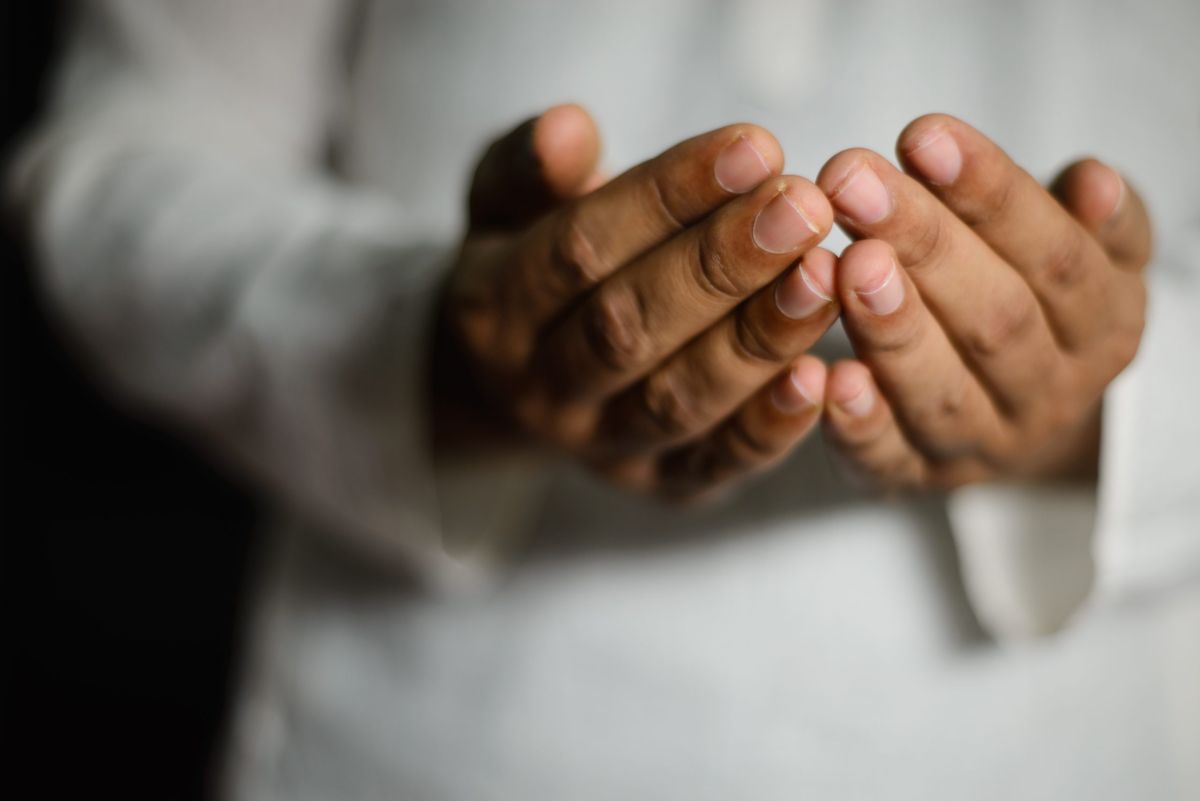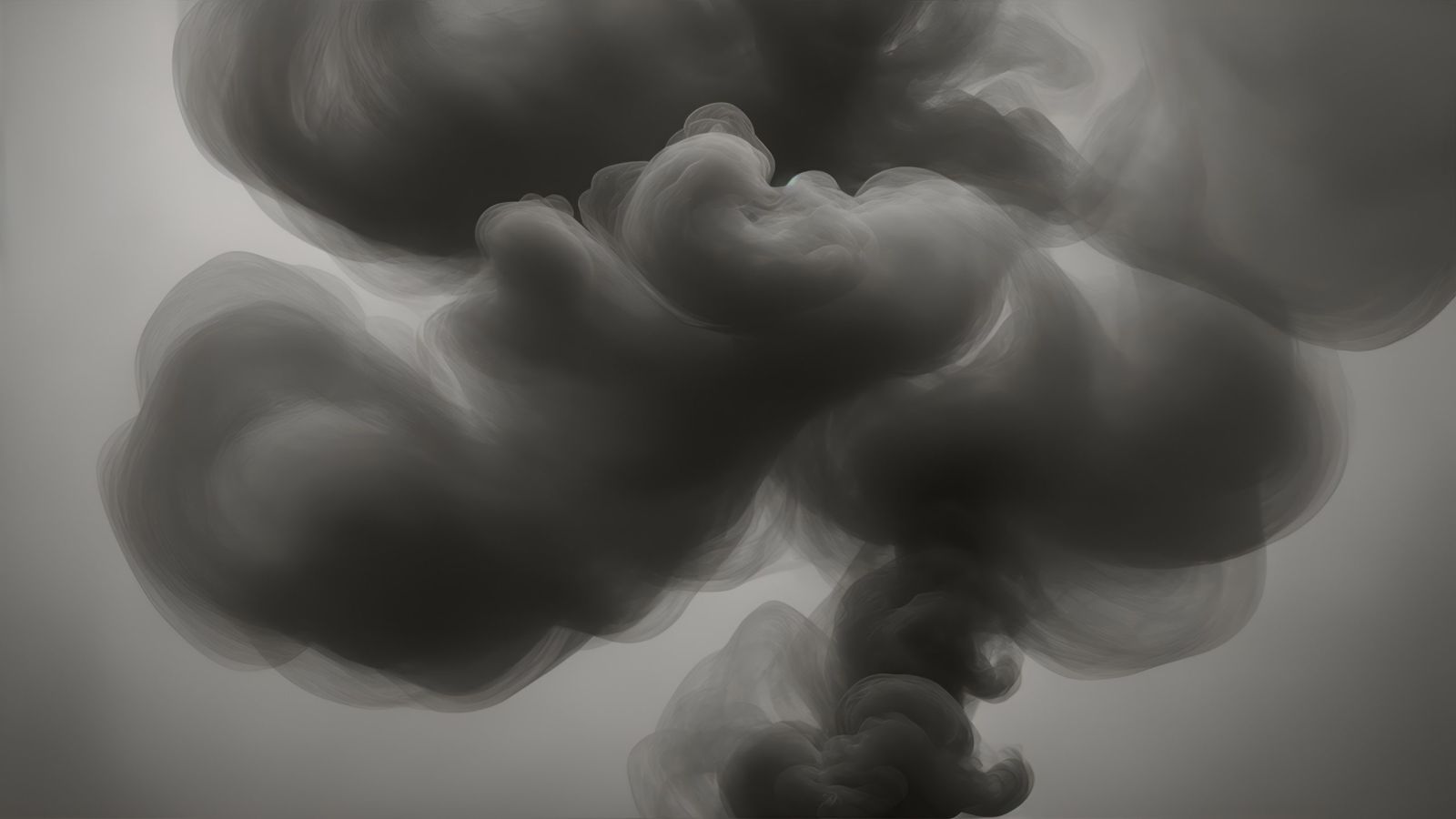The Prerequisites of Remembrances and Invocations Used in Ruqyah
Imām ʿAbd al-ʿAzīz ibn Bāz


[Q]: The various remembrances and invocations represent the weapons of every believer. Are there any prerequisites for the use of these weapons?
[A]: Yes, among the greatest of its prerequisites is that one says them while harbouring trust in Allāh, believing in the truthfulness of Him and His Messenger (صلى الله عليه وسلم). Having īmān that Allāh is the Truth and His speech is completely true. Then, a person must say them sincerely for the sake of Allāh, according to the sunnah of His Messenger (صلى الله عليه وسلم), possessing true faith that he (صلى الله عليه وسلم) has delivered the truth and is completely truthful in speech. He should say it having complete faith and trust in Allāh, desiring that which is with Him, knowing that He is the One who controls affairs, the true Disposer of all matters, able to do all things—the Glorified, the High. As such, one should never have doubts concerning this or think in a negative fashion regarding Him. Rather, he should think only positively of Allāh while completely trusting in Him. Being fully aware that, should the goal being sought go unfulfilled, then it is for a reason. As for the job of the servant, it is only to put forward the means. For Allāh is the One who has allowed these matters to behave as a means in the first place and He is the All-Wise, the All-Knower. Then, the cure may occur but the sickness remains for other reasons concerning which the servant is ignorant. However, Allāh—the Glorified, the High—is All-Wise in allowing it to remain. This is comprehensive of mental and physical illnesses. Physical ailments are the dominion of physicians who prescribe medicines or carry out surgical interventions1. While mental illnesses are addressed with invocations, recitation and other means that have been legislated.
Despite this, one’s goal may not be achieved for a variety of reasons. Among them is being mindless of Allāh—the Glorified. Also, engagement in acts of disobedience especially persisting in ḥarām. It has been authentically confirmed that the Messenger of Allāh (صلى الله عليه وسلم) said: “There is no servant that invokes Allāh with an invocation that is devoid of either transgression or severing of the ties of kinship except that Allāh grants him one of three things: either He expeditiously grants his request in this worldly life, or it is stored for him in the hereafter, or its likeness from evil is averted from him.” They [the companions] said: “O Messenger of Allāh! Then, we shall frequently invoke Him.” He (صلى الله عليه وسلم) replied: “Allāh’s [blessings, reward, or boons] are greater [than the frequency of your invocations or His blessings are limitless, never decreasing or running out, while your invocations are limited].”2
Endnotes:
[1] Translator note: To clarify, physical ailments may also be treated with ruqyah but seeking medical intervention from physicians is considered a means put in place by Allāh for the treatment of such illnesses as well. This is what is meant by the Shaykh here and Allāh knows best.
[2] Authentic: narrated by al-Bukhārī in al-Adab al-Mufrad: 710 and al-Bayhaqī in al-Shuʿab: 1130. Graded authentic by Shaykh al-Albānī in Ṣaḥīḥ al-Targhīb: 1633 except with the term ‘Muslim’ instead of ‘servant’ in the beginning.
Translated by: Riyāḍ al-Kanadī
Most Popular: Last 30 Days

















